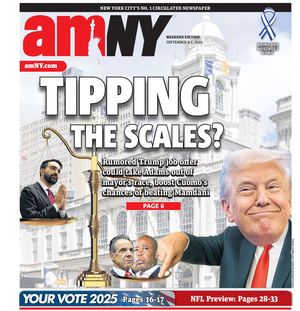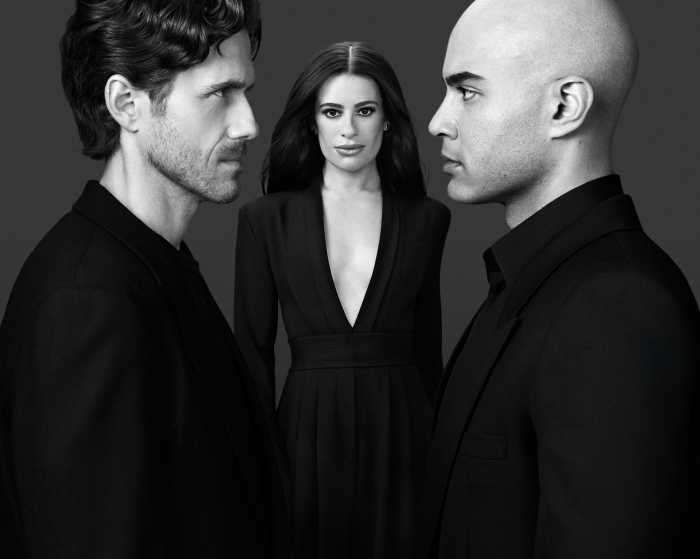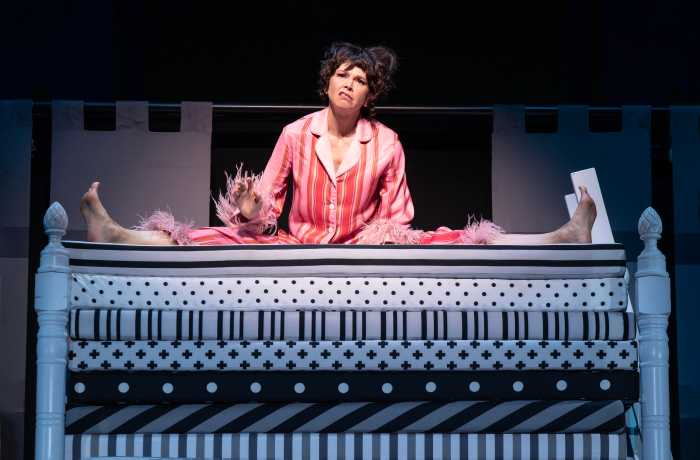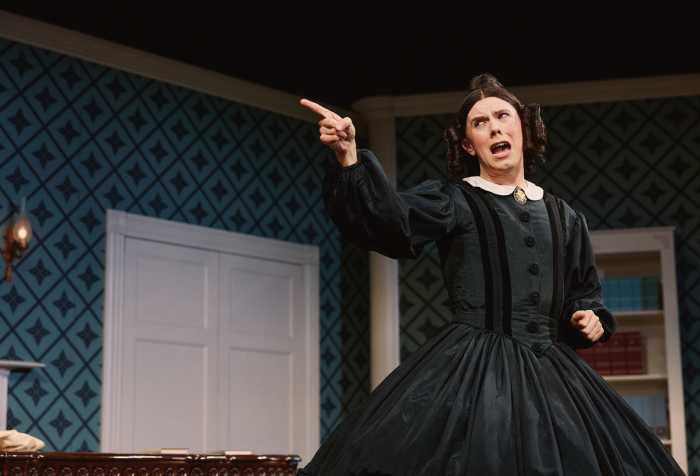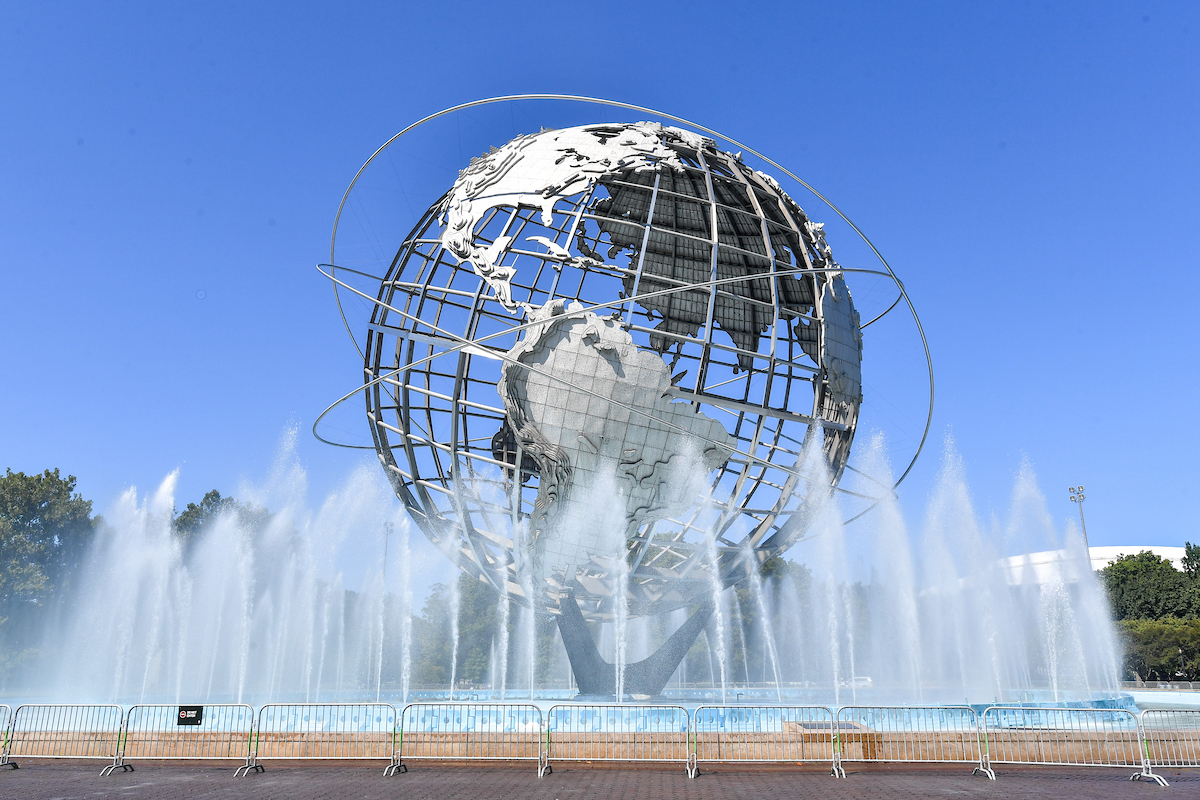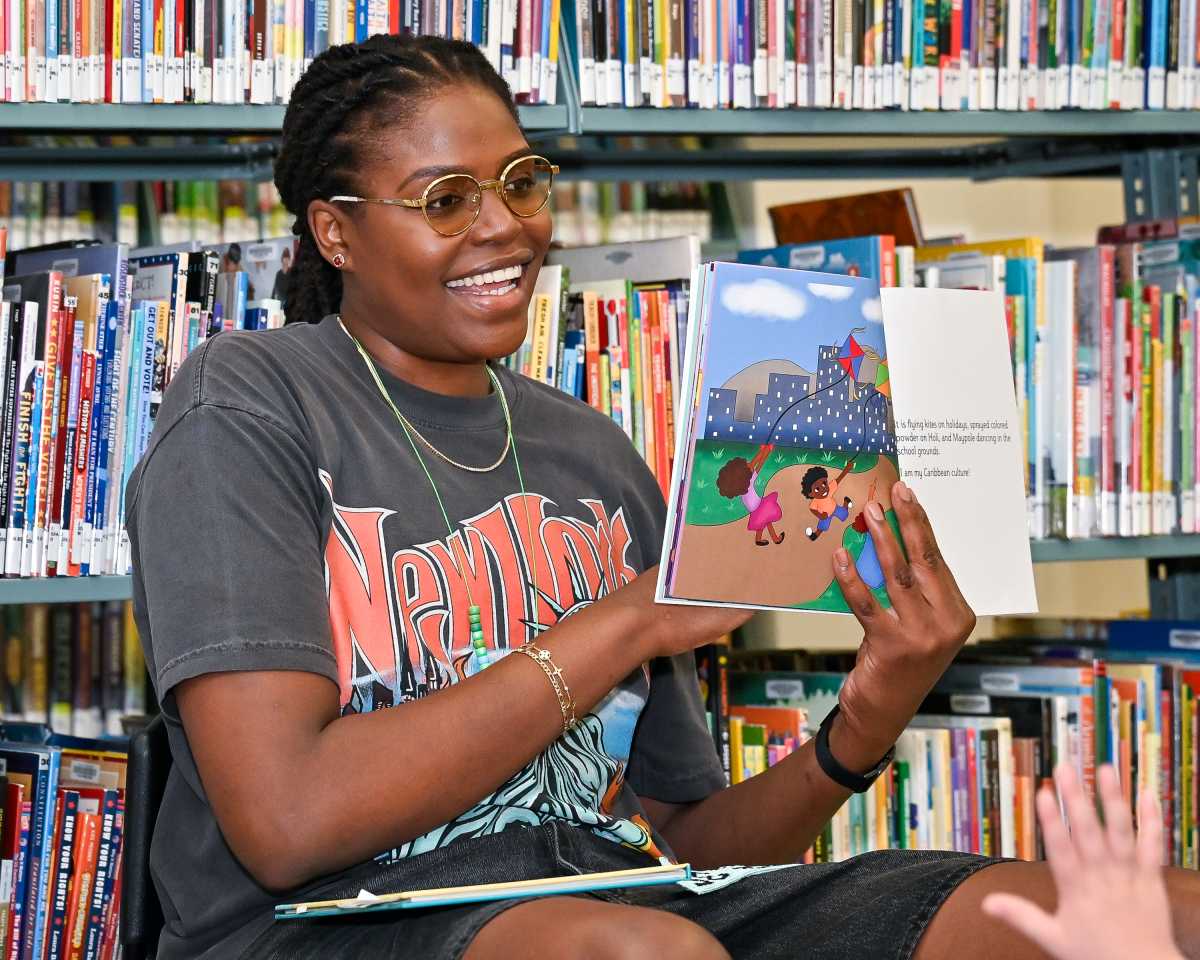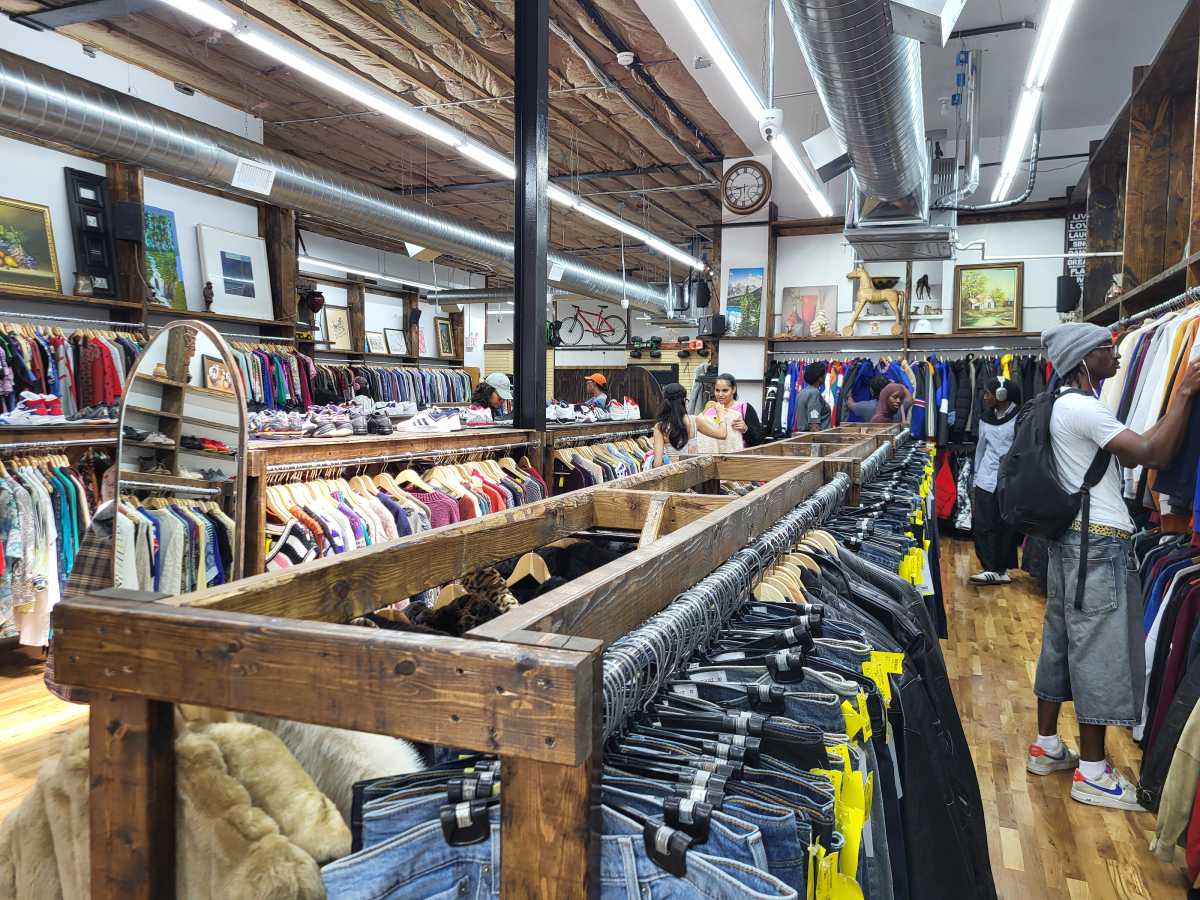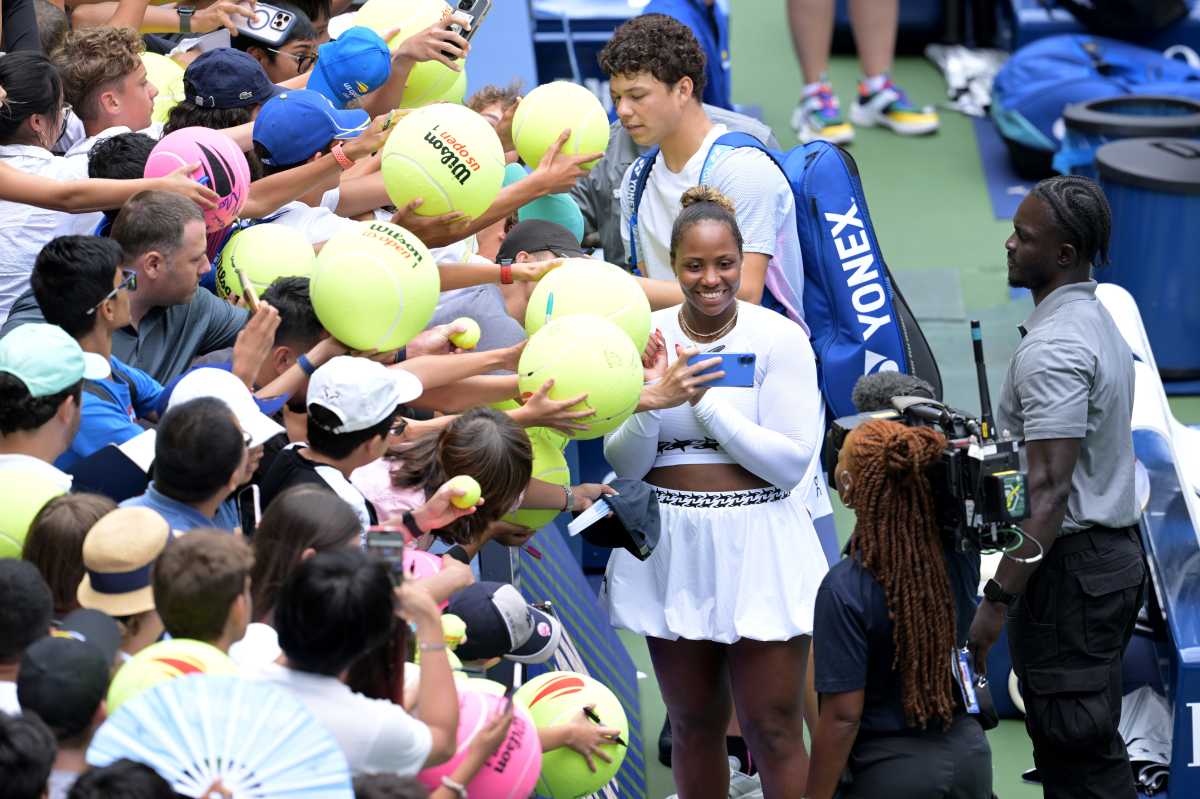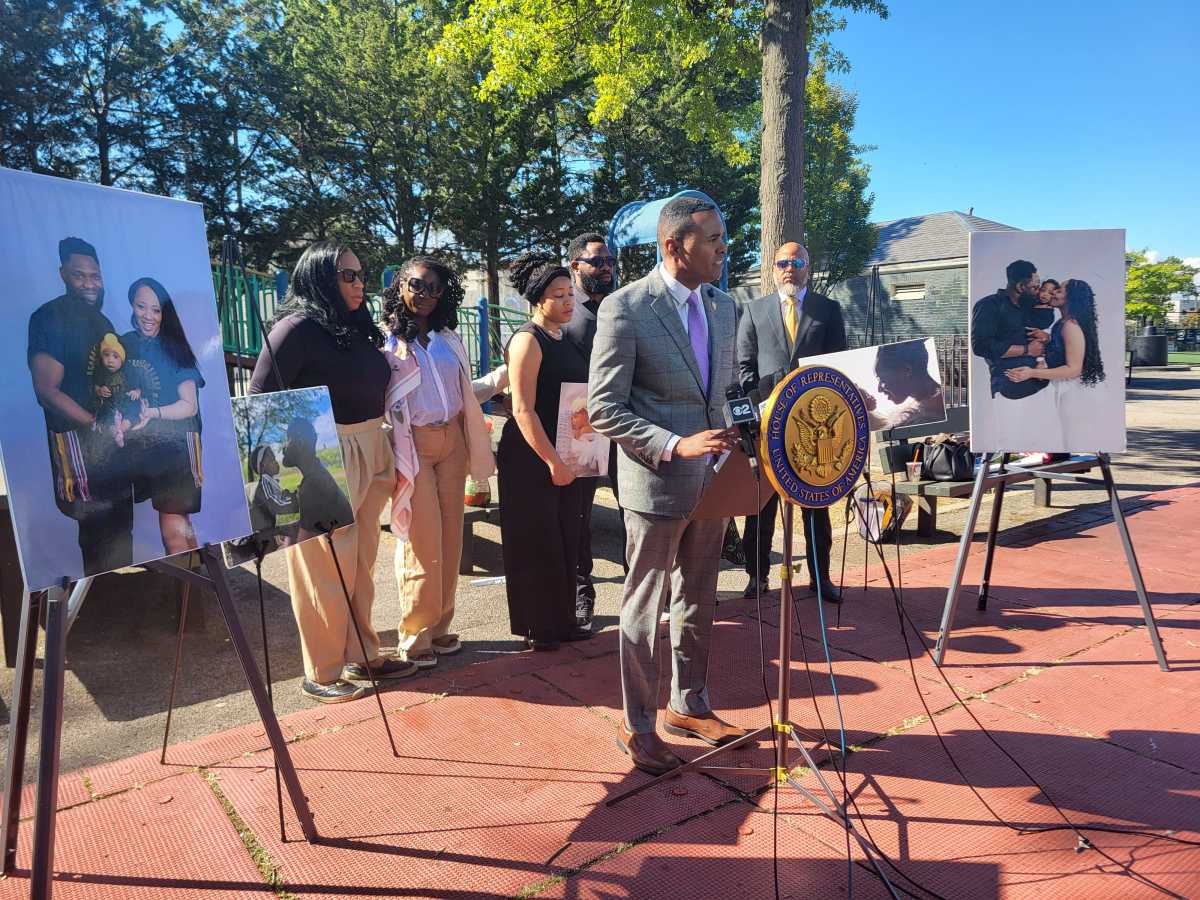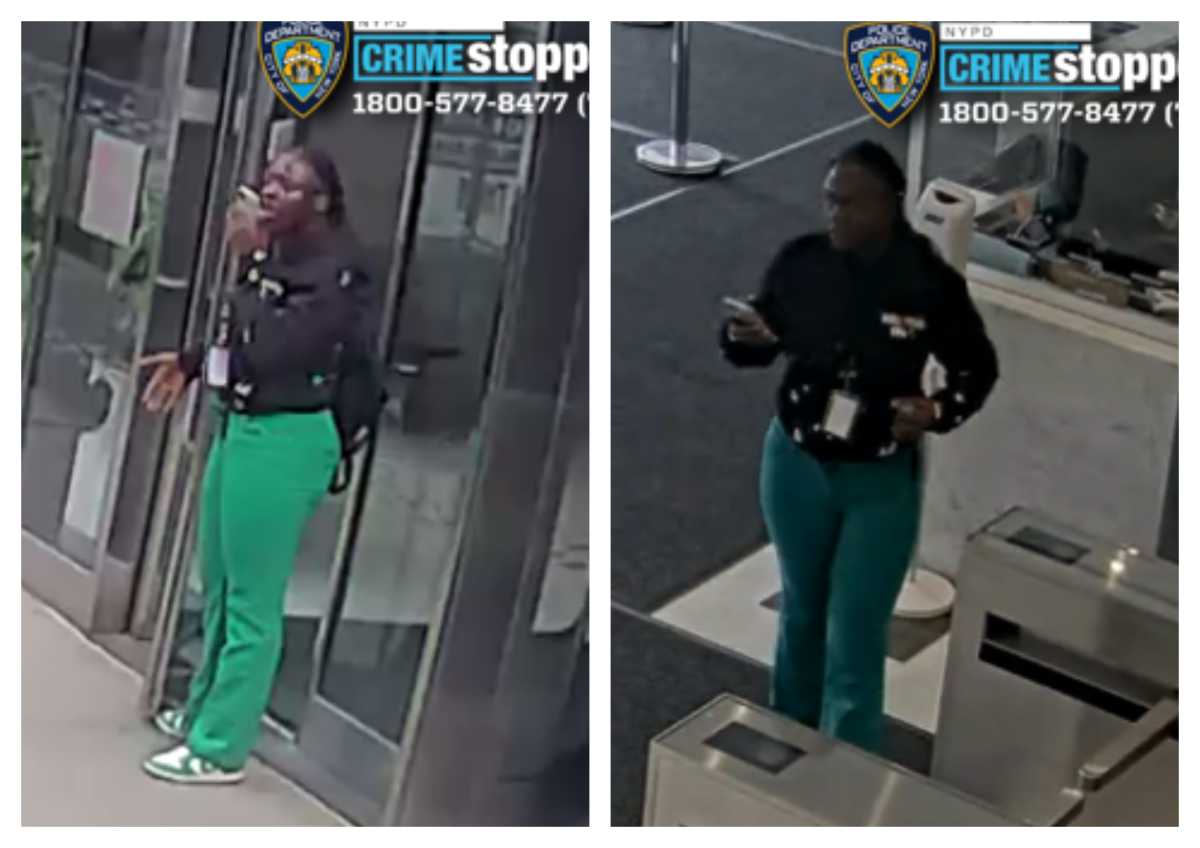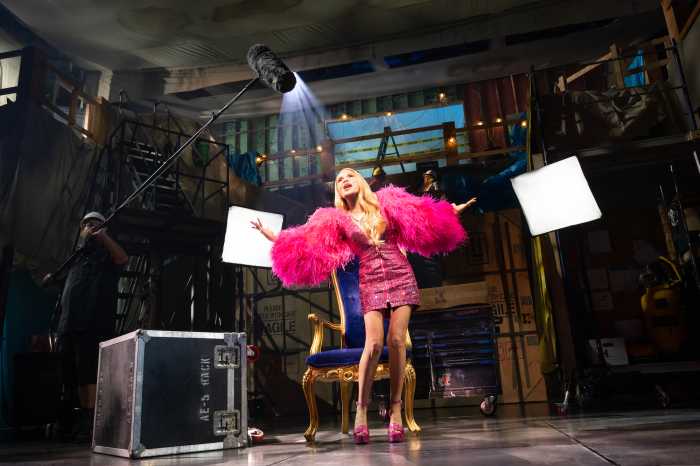On the eve of the final performance of the Broadway revival of “Gypsy” last weekend, Audra McDonald not only delivered a final show‑stopping Mama Rose, but also dropped a warning as potent as any curtain call.
In a heartfelt Instagram video that McDonald described as a “PSA,” she recounted a chilling moment following Friday night’s performance: a fan “snuck around and found me the way I had exited from the theater” and followed her “all the way” back to where she was staying. The person “came into the building, and was uncomfortably close,” demanding an autograph, and protesting, “hey, I’ve come all the way” when security tried to intervene. In reaction, McDonald declared: “That is crossing a big ol’ boundary…That’s a big no‑no. That’s now messing with my safety, and it is not right.”
For McDonald, the stage door isn’t just a greeting booth, but also a boundary enforced for reasons any voice‑strained, exhausted, or health‑conscious star knows all too well. “There are a lot of reasons that performers don’t do the stage door,” she explained, from vocal and physical fatigue to anxiety or simply trying to get home to family. And she made it clear: “If they don’t stop, leave them alone. There is a reason that they’re not stopping, and it has nothing to do with you.”
The stage door tradition is one of Broadway’s most distinctive rituals: fans wait outside the theater with Playbills or posters in hand, hoping for a brief encounter, an autograph, a selfie, or even a few words. When stars are willing and able, it can be a cherished moment of connection, a way for audiences to extend the magic of the show beyond the curtain call. But it’s never guaranteed, and it has always been at the discretion of the performer.
In recent years, some of the most rabid fans have admittedly gotten out of hand, treating the stage-door encounter less like a courtesy and more like a necessity — or even a right. For many, collecting a selfie or autograph has become a measure of devotion. But as McDonald’s experience illustrates, that expectation can cross into dangerous territory when boundaries are ignored.
McDonald is not the first Broadway star to deal with unwanted intrusions. In the past, performers have spoken publicly about stalkers or aggressive fans who crossed the line, sometimes requiring theater security or police involvement. These episodes serve as reminders that Broadway’s intimate houses and seemingly approachable culture can also leave its stars vulnerable when audience passion tips into obsession.
Fellow Broadway actress Kecia Lewis praised McDonald’s message on Instagram, emphasizing the physical and emotional toll performers endure, and that after giving “200 percent of your whole body, soul, and spirit,” feeling entitled to more is, as Lewis put it, “the devil’s work.”
What we get from McDonald is not just a warning but a lesson in respect. She doesn’t snub her audience; she knows the debt performers owe to fans. But safety and personal boundaries stand first. It’s less a curtain-call cold shoulder than a plea to remember that even a Broadway star carries a life beyond the footlights.
Despite the harrowing experience, she spoke glowingly of her time in “Gypsy” in a separate post following the show’s final performance: “My head is full of gorgeous memories, my body is tired, and my heart is full of nothing but gratitude and love.”
The revival made history, with McDonald becoming the first Black actress to play Mama Rose on Broadway. Directed by George C. Wolfe, with new choreography by Camille A. Brown, the production ran 269 regular performances at the Majestic Theatre, earning McDonald her record-extending eleventh Tony Award nomination and reminding audiences why “Gypsy” remains one of Broadway’s most formidable classics.
View this post on Instagram
